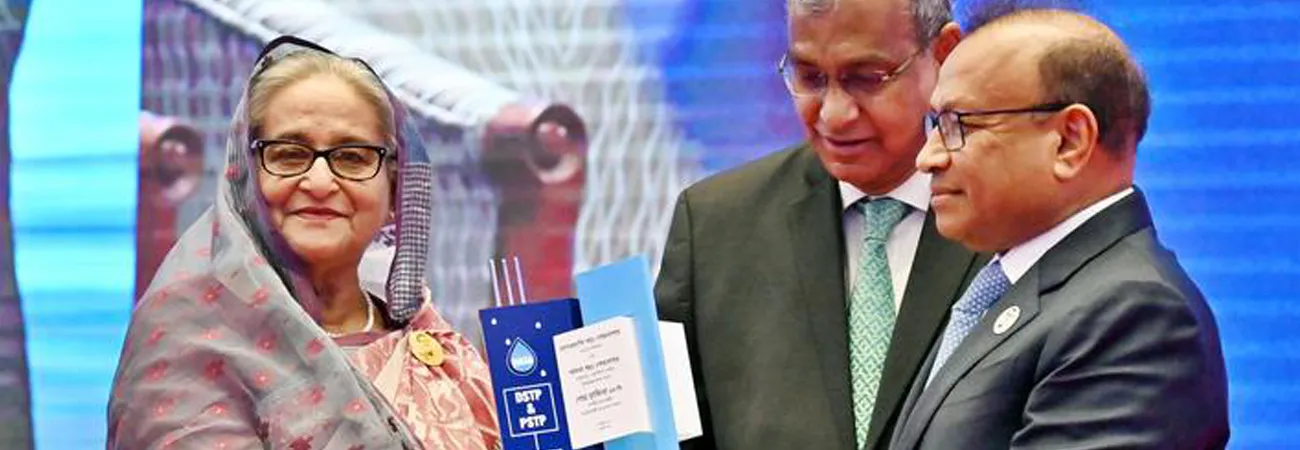XINHUA-PAKISTAN SERVICE
BEIJING, July 14 (INP): Chinese scholar Cheng Xizhong said the conditions attached with loan agreement of International Monetary Fund (IMF) with Pakistan are unreasonable and contradictory to the socio-economic interests of the country.
Commenting on the IMF Executive Committee's approval of 6 billion U.S. dollars loan plan for Pakistan, he viewed it would be unable to fundamentally solve Pakistan's economic problems, rather it could have some serious side effects.
It was reported that Pakistan will have received the entirety of the 6 billion U.S. dollars loan from IMF by the fiscal year 2022, but will have to repay 4.35 billion of previous debt to the IMF by the fiscal year of 2023, with a net increase of only 1.65 billion in the real loan received.
Historically, Pakistan has accepted IMF loans 21 times and carried out "economic reforms" according to IMF conditions, but Pakistan has never been able to achieve sustainable economic development.
Cheng Xizhong in his comments, published in China Economic Net on Sunday, stated that the main reason is that IMF “prescribes” measures for Pakistan according to the standards of western developed countries, and its "textbook" reform program does not conform to Pakistan's national conditions, so it is difficult to achieve results.
For example, IMF forces the Central Bank of Pakistan to raise its benchmark interest rate by 150 base points, to 12.25%. In Western countries,people rely heavily on bank lending for their daily consumption, so raising interest rates does help to control inflation, but for Pakistan, bank lending is mainly used for productive activities rather than consumption. The benchmark interest rate above 12% would severely limit private sector lending and eventually lead to a further decline in Pakistan's domestic production capacity.
Pakistan has repeatedly sought loans from IMF and accepted its "reform program," with which Pakistan has not only been unable to fundamentally solve its economic problems, but has also suffered from serious side effects.
The most serious problem is that the IMF "reform program," which includes a floating exchange rate, steep tax increases, higher electricity and gas prices is directly leading to an increase in the tax burden, higher cost of living and more debilitating poverty afflicting the Pakistani people.
It is well understood that the Government of Pakistan has to borrow money from the IMF in the face of serious financial difficulties. However, in order to achieve sustainable and high-quality economic development in the long term and truly improve the people's living standards, Pakistan needs to choose its own development path that suits its national conditions and develop economic cooperation with partner countries that are able and willing to help Pakistan.
In order to promote social and economic development in an all-round way, Pakistan should broaden its horizons and formulate long-term development strategies:
First, Pakistan should firmly put national interests and economic development in the first place. All central authorities, all political parties and all local governments should stop fighting for narrow interests and cooperate and coordinate with each other effectively.
Second, it should make full use of the huge development dividend unleashed by the CPEC, take the manufacturing industry as the orientation, carefully study the current situation and needs of development in various regions and industries, and formulate and implement the national development strategy.
Third, it should adopt active fiscal and business promotion policies, moderately reduce bank interest rates and tax rates on commodity services, encourage investment, production and consumption, help enterprises and people to reduce production and living costs, simplify the administrative approval process, and gradually achieve the goal of tax increase by stimulating economic development.
INP/JAVED





